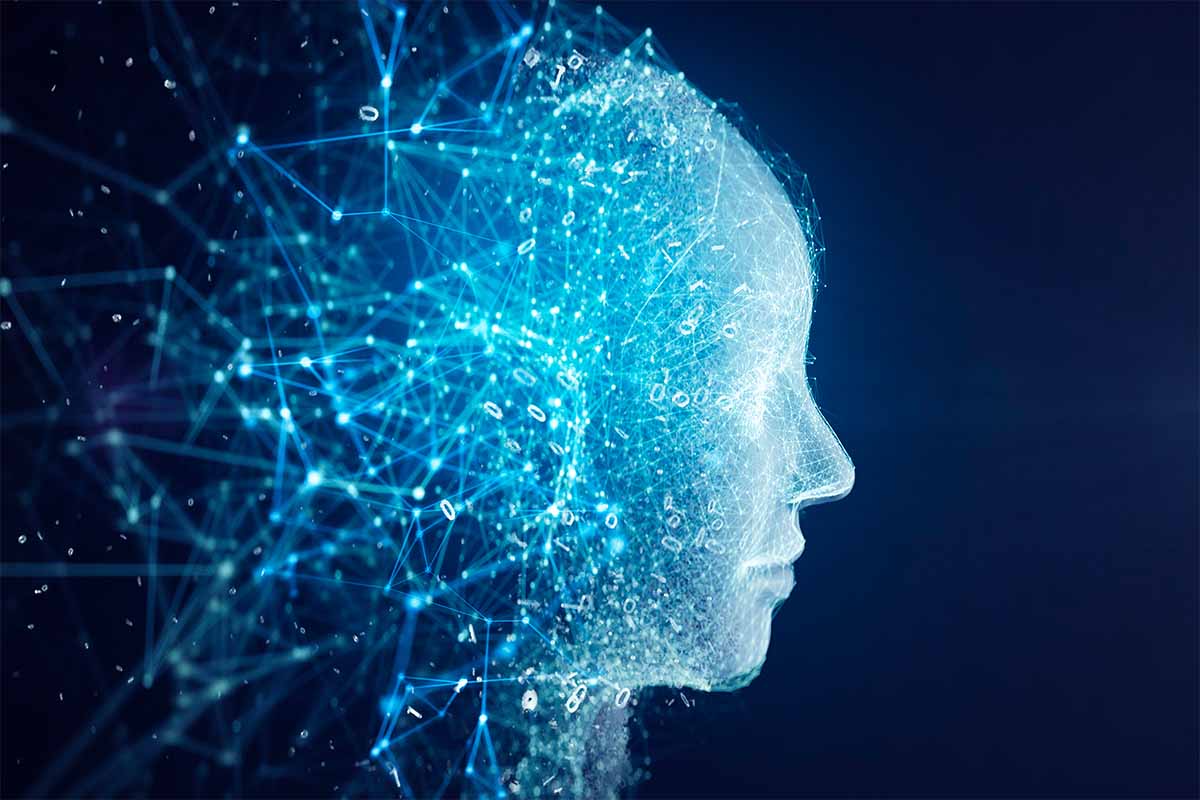
The Future Unleashed: Exploring the Power of Artificial Intelligence

Artificial Intelligence, the marvel of modern technology, has emerged as a captivating force that is reshaping the world as we know it. With its remarkable ability to mimic human intelligence and learn from data, AI is rapidly revolutionizing industries and unlocking endless possibilities. Whether it is in the form of intelligent virtual assistants, self-driving cars, or personalized recommendations, AI is steadily becoming an integral part of our daily lives.
At its core, artificial intelligence is a broad field that encompasses a diverse range of technologies and techniques. From machine learning and natural language processing to computer vision and robotics, AI is driven by relentless innovation, constantly pushing the boundaries of what is conceivable. With advancements in computing power and the exponential growth of big data, AI has catapulted itself into the forefront of technological progress, promising to enhance efficiency, optimize decision-making, and make unimaginable breakthroughs across multiple domains.
However, as AI evolves, it also sparks intriguing questions and engenders both hope and skepticism. While enthusiasts envision a future where AI augments human capabilities and solves complex societal problems, skeptics fear the loss of human control and the potential ethical ramifications. Striking a balance between the potential benefits and the ethical considerations is crucial to ensure that AI developments align with our core values, thereby instilling trust and fostering its responsible adoption.
In this article, we will delve into the power of artificial intelligence, exploring its current capabilities, future prospects, and the impact it will have on various aspects of our lives. We will witness AI’s potential to transform industries, enhance productivity, and drive innovation. Moreover, we will examine the ethical implications that arise as AI continues to evolve, shedding light on the importance of responsible AI development and deployment.
As the future unfolds before our eyes, it is imperative to understand and embrace the power of artificial intelligence. Let us embark on this exciting journey together, exploring the limitless possibilities that lie ahead in the realm of AI.
Applications of Artificial Intelligence
Artificial intelligence has emerged as a fascinating field with a wide range of applications. Its potential to transform industries and enhance human experience is truly remarkable. In this section, we will explore some of the key areas where artificial intelligence is being utilized to bring about positive changes.
Healthcare
Within the healthcare sector, artificial intelligence is revolutionizing diagnostics, treatment, and patient care. AI-powered systems are being used to analyze vast amounts of medical data, helping doctors to make accurate diagnoses and develop personalized treatment plans. Machine learning algorithms can quickly sift through patient records, identify patterns, and predict outcomes, enabling healthcare professionals to offer more targeted and effective interventions. Additionally, AI technologies facilitate the development of smart devices and wearable sensors that can continuously monitor individual health, providing crucial insights and early warning signs.
Finance
Artificial intelligence has also found extensive applications in the finance industry. By leveraging advanced algorithms and machine learning techniques, financial institutions can automate and optimize various processes. AI-based systems can efficiently analyze vast amounts of financial data, assess risks, and make informed investment decisions in real-time. Furthermore, chatbot technologies powered by natural language processing enable personalized customer interactions, improving user experience and enhancing customer satisfaction.
Transportation
The transportation sector is another area where artificial intelligence is making significant strides. AI-based technologies are being integrated into vehicles, resulting in the development of autonomous cars and trucks. These vehicles can sense their environment, make decisions, and navigate without human intervention, leading to improved safety and efficiency on the roads. Furthermore, AI-driven algorithms are being used to optimize traffic flow, reduce congestion, and minimize travel time. As a result, transportation systems are becoming more reliable, environmentally friendly, and convenient for passengers.
In conclusion, the potential applications of artificial intelligence are vast and continue to expand. From healthcare and finance to transportation, AI is transforming industries and revolutionizing the way we live and work. As we delve deeper into this exciting field, we can expect to witness even more groundbreaking advancements in the future.
Ethical Considerations in AI
In this section, we will delve into the ethical considerations surrounding artificial intelligence (AI). As AI continues to grow and shape our world, it is crucial to address the ethical implications that come along with it.
The Importance of Transparency
One key ethical consideration in AI is the need for transparency. As AI systems become increasingly complex and powerful, it is important that we understand how they make decisions. Transparent AI algorithms allow us to analyze and identify any potential biases or discriminatory outcomes, thus ensuring fairness and accountability.
Safeguarding Privacy and Security
Another ethical aspect of AI revolves around privacy and security concerns. AI systems often collect and analyze vast amounts of personal data, raising important questions about data protection and consent. It is crucial for organizations and developers to prioritize data privacy, implement proper security measures, and obtain explicit consent from individuals when collecting and utilizing their data.
Mitigating Displacement and Bias
AI also brings forth the concern of job displacement and bias. As automation replaces certain job roles, it is essential to consider the impact on individuals and communities affected by this technological shift. Efforts should be made to provide opportunities for retraining and upskilling to ensure a smooth transition. Furthermore, biases can sometimes be embedded within AI systems due to biased data or algorithms. It is critical to actively work towards minimizing these biases to ensure fair and unbiased outcomes.
By addressing these ethical considerations in AI, we can strive towards fostering a responsible and inclusive future that fully harnesses the power of artificial intelligence.
Challenges and Opportunities in AI
Ethical Considerations in AI
AI Desk
As artificial intelligence continues to advance, one key challenge that arises is the ethical considerations surrounding its deployment and use. With AI’s ability to collect and analyze vast amounts of data, questions emerge about privacy, security, and fairness. Ensuring that AI systems maintain transparency and accountability without infringing upon individual rights is a pivotal challenge that researchers and policymakers must address.
Bridging the Skills Gap
Another critical challenge in the realm of artificial intelligence is the scarcity of skilled professionals who can effectively develop and implement AI solutions. The demand for AI expertise exceeds the current supply, posing an opportunity for individuals with the right skills to fill this gap. By fostering educational initiatives, organizations can train a new generation of AI specialists, increasing the pool of talent available to tackle the complex challenges and seize the opportunities of AI.
Harnessing AI for Social Good
While there are challenges associated with AI, there are also immense opportunities for positive impact. AI has the potential to revolutionize sectors such as healthcare, transportation, and agriculture, enhancing productivity and improving the quality of human life. By strategically leveraging the power of AI, society can find innovative solutions to global challenges, such as climate change, poverty, and access to healthcare. It is vital to explore and invest in the responsible and ethical use of AI to maximize its potential for social good.
In conclusion, the future of artificial intelligence presents both challenges and opportunities. By addressing ethical considerations, nurturing AI talent, and harnessing its capabilities for social good, we can ensure that AI becomes a powerful tool that benefits humanity in a myriad of ways.



